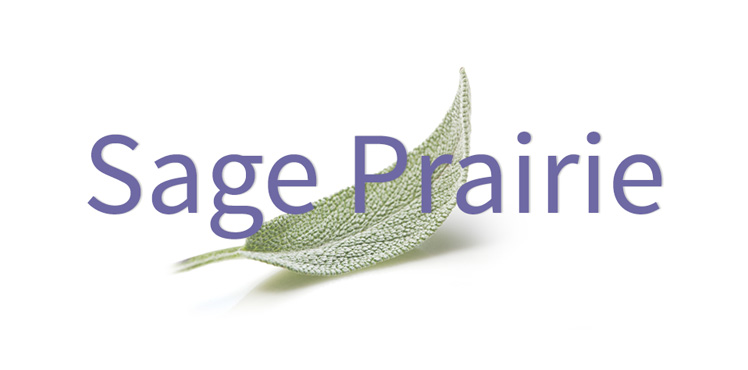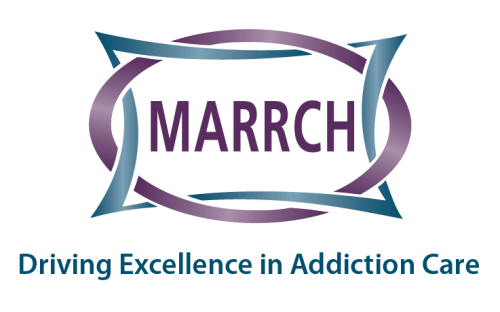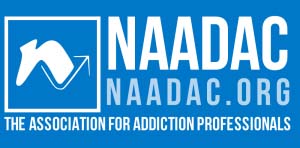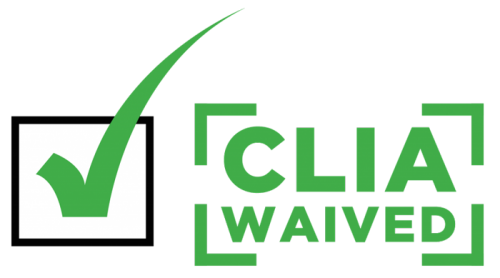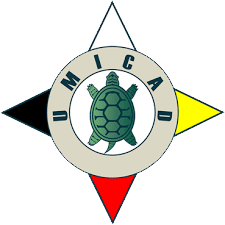ABOUT US
OVERVIEW
Sage Prairie has been providing evidence-based substance use disorder treatment in the south metro since 2012. We are proud to have treated many influential individuals in the area and are grateful for the many successes we have had! Our greatest goal is to help the community member we have not met yet! Our success is directly linked to a history of treating people, not addictions. We have been providing individualized care since inception and plan to continue to provide this excellent service in the future.
Over 90% of our staff live, work and pay taxes in the communities we serve. What this means, is recovery takes on a more important role, as your recovery impacts our staff and their families directly. You will find our staff with children at local parks, shopping and dining in the local area, attending recovery meetings in this community and at neighborhood events. Our staff abide by strict confidentiality rules when they see you in public; they will not acknowledge you in order to keep your privacy. Your treatment will never be discussed in public.
We are grateful you have chosen Sage Prairie to begin or continue your recovery journey. We are confident that your needs will be met.
HISTORY
As told by Katie Pylkas-Blue, MSN CARN Sage Prairie - Treatment Director
Sage Prairie started as an idea and a dream. Early in my recovery, I was living in the south metro and attending treatment and meetings in the Minneapolis area; a trusted friend in my peer support group urged me to “find recovery in my own backyard.” This ignited a passion in me, but was still five years before the doors to Sage Prairie opened.
When I initially got sober in 2005, I was pregnant, jobless and homeless. I had just been asked to leave my sober living home in Saint Paul because I relapsed, they did not offer detox, as there were no beds, and I was dropped off on the street. I had nowhere to go. I would go to AA meetings and felt I was an outsider because I could not stop. I called many detox facilities, hospitals and treatment centers in Minnesota and no one was able to help me because I did not have insurance nor a way to pay. Although I had lost my license to practice, in my nurses training, I learned what continued drinking and use was doing to me and my unborn child, but I could not stop; one treatment center urged me to continue drinking (knowing I was pregnant) but did not offer any suggested ways to quit. I was completely hopeless.
I found a non-clinical, cash pay facility that offered scholarships. I was so grateful they took a chance on me and my child. This began my recovery journey. They helped me get insurance and took me to the doctor.
When I completed their program, I had an AA sponsor, a community around me and the tools to stay sober, in Minneapolis. Having been born and raised in the south metro, I was like a fish out of water, but I knew I needed to stay, because this was where my community was. Soon after my child was born, I moved back in with my family of origin for support, in the south metro. I could not find recovery here, like they had in Minneapolis. I continued to drive into the city for my peer meetings and to meet my community for the next 3 years. It was during this time that my friend made the suggestion to “find recovery in my own backyard.” I initially started meetings, met some women, and found some community; yet, I was still driving to the treatment center I attended in Minneapolis, and attended one meeting in Minneapolis.
At five years in recovery, my new husband and I were approached by a clinic in Burnsville offering medications to help treat addiction. Suboxone was a new medication, and not widely accepted. The clinic owner asked me and my husband about our recovery and suggested we start a treatment center to help her patients, as they were not accepted into treatment centers in the south metro. This is where Sage Prairie was born. Initially, in one office and a group room, the center operated one evening group two days a week out of a small church in Burnsville.
Since then, Sage Prairie has expanded its program offerings, locations, staff and overall reach in the community. We now operate two centers, manage four patient homes, and work closely with many recovery resources in the south metro.
Despite its growth, at its heart remains a small, family owned business supporting recovery in its own backyard. We will never be a large business, nor do we aspire to change what we offer; we hope to continue to offer the same great individualized treatment of people suffering from disordered substance use that we always have.
